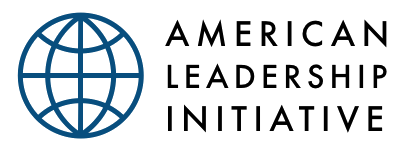Roundtable on Trade Preferences and Development
/ALI hosted a roundtable on trade preferences and development with congressional staff, NGO and private sector participants, as well as participants from NGOs, including Bread for the World and The Alliance for Hunger. Speakers were Kimberly Elliott from the Center for Global Development, Eric Biel from the Fair Labor Association, and Stephanie Lester, from Gap, Inc. The discussion centered on how the U.S. Generalized System of Preferences (GSP) can be improved and expanded. Several key conclusions emerged from the discussion:
GSP is useful program but could be much stronger. Its shortcomings include limited product coverage (GSP covers less than 1% of U.S. imports), authorization for a short periods of time (typically 2 years), and a long eligibility list, all of which create uncertainty for recipient countries and companies seeking to use the program.
GSP would be much more effective if it were renewed for much longer periods of time, to create stability. The EU’s preference program is renewed for 10 years at a time. This would enable countries to expand their investment in industries benefitting from GSP and encourage companies to create supply more chains relying on that production.
Workers’ rights under GSP must be expanded and effectively enforced. Labor standards within GSP are vitally important- they help build equitable markets and translate into real change on the ground.
GSP should also include incentives to move countries towards rule of law and political pluralism.
The U.S. needs to offer capacity building to assist countries in meeting GSP conditions.
GSP should be expanded to include apparel and footwear. This would enable more nations to participate and provide leverage to incentivize countries like Bangladesh to improve labor rights. It would also allow brands to find sourcing alternatives to China.
In order to make the program more effective and offer more generous preferences, the U.S. should:
o Expand product coverage
o Renew GSP for long periods
o Streamline conditionality
o Create more distinction between lower and middle income countries.
For further reading, please refer to the following pieces by Kimberly Elliott: https://globalwa.org/2010/09/opening-markets-to-the-poorest-countries-a-discussion-with-congressman-mcdermott-and-kimberly-elliott-of-the-center-for-global-development/
https://www.cgdev.org/blog/trade-and-worker-rights-bangladesh-forget-twig-and-use-giant-carrot


